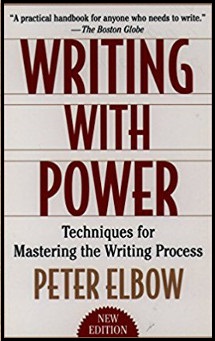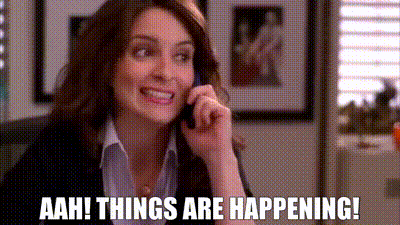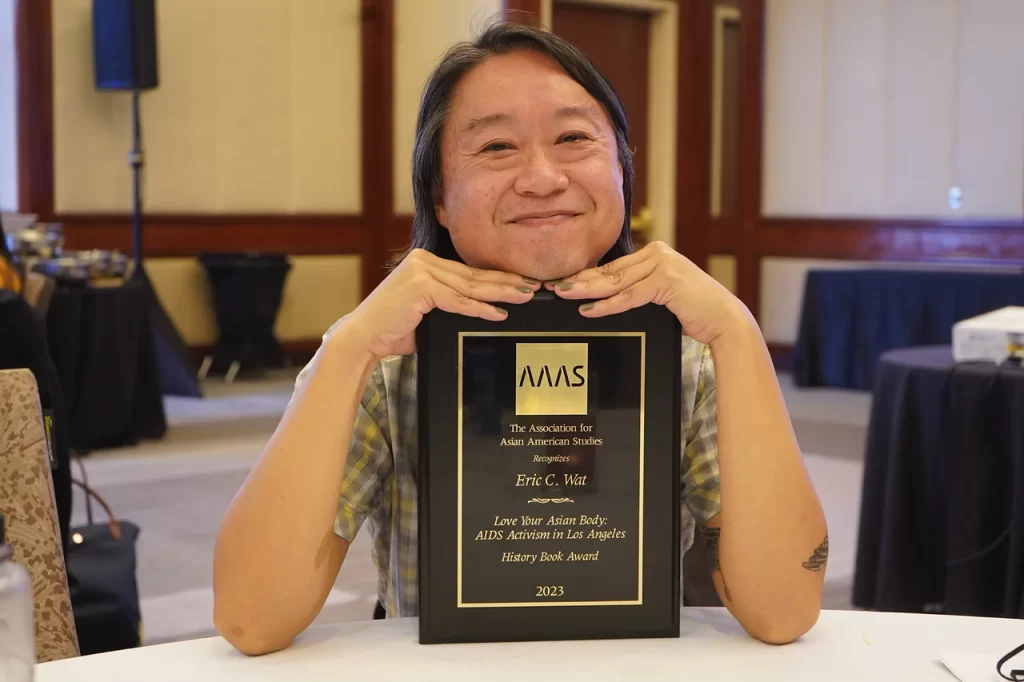Hi there! It’s been a while! Life has been happening and, as a result, I am living in a new place and getting ready to start a new job in the fall. Much of the past few months has been given over to looking for a house, buying that house, selling our condo, packing, moving, and unpacking. If I never have to look at Zillow in my life ever again, I think I’ll die happy.
Moving All the Things means that I’m very behind on Writing All the Things, and I certainly don’t need any more projects! And yet, the news keeps newsing, and there are events for which I feel I must urgently provide historical context, and so I have spent more time than I care to admit carefully crafting a piece for a public audience. Two days ago, I felt like it was finally in good shape, and I sent it to my editor. I was elated.
My editor is brilliant and wonderful and her feedback is always on point. So I was a little bit crestfallen when she wrote me back, not with edits to my piece, but with a familiar note:
“It seems like there are two pieces here.”
Of course, she was right. But this means that I will have to choose which of the two pieces the piece I already wrote wants to be, cut a bunch of stuff out of it, and build up the other bits to develop my One True Argument. And that means collecting all of the thoughts that were floating in the background of the original piece and wrangle them into some kind of logical order.
I could have started by jotting down some bullet points that I want to address in my revision,* or I could have jumped into rewriting the first draft. Instead, I took a note from Peter Elbow’s Writing with Power.

Elbow recommends a variety of writing techniques as you’re developing a focused piece of work. When you’re stuck on something, he suggests, try writing it in a different format, for a different audience, or using a different voice. So instead of going straight to revisions, I wrote a longhand letter to my editor, responding to her feedback.
Reader, it worked.
As I wrote the letter, the argument of my piece came into focus, and I made new connections that I hadn’t seen before. I don’t yet have a revised piece, but I have a good place to start. And right now, I’ll take it.
*To be honest, I did actually do this, at 1 am on the backs of a number of envelopes sitting on our dining room table, like a person who has a very good work/life balance, tyvm.


